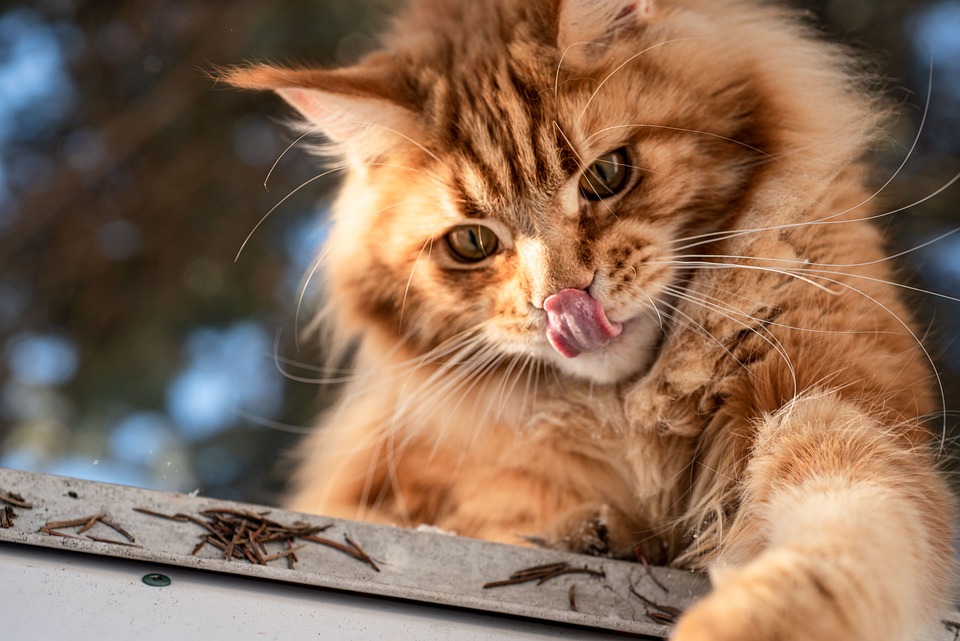Cats and dogs may be known for their playful interactions and occasional food theft, but when it comes to their diets, they have very different nutritional needs. While it may be tempting to offer your cat some dog food in a pinch, it’s important to understand the potential risks and benefits before doing so.
First and foremost, it’s essential to know that dog food is not toxic to cats. If your cat happens to sneak a few bites of Fido’s kibble, it likely won’t cause any immediate harm. However, the University of Missouri Small Animal Clinical Nutrition Service emphasizes that there are important considerations to keep in mind. For healthy cats, a small amount of dog food once or twice is generally safe. But if your cat has underlying health conditions, such as cancer or kidney disease, this rule may not apply.
Every cat is unique, and their tolerance to certain foods can vary greatly. Some cats may consume dog food without any issues, while others may experience vomiting, diarrhea, or other adverse reactions. It’s crucial to monitor portion sizes and frequency if your cat starts eating dog food regularly, as it may not provide the necessary nutrients for their overall health.
When it comes to nutritional benefits, cats and dogs have distinct dietary requirements. Cats are obligate carnivores, meaning they rely on nutrients found only in animal products. On the other hand, dogs are omnivores and can thrive on a diet that includes both animal and plant-based ingredients. Taurine, an essential amino acid for cats, must be obtained through their diet, as they cannot produce it themselves. Additionally, cats are prone to dehydration and may not receive adequate water intake if they fill up on dry dog food instead of wet cat food.
In conclusion, dog food should not replace cat food in your feline’s diet. Cats have specific nutrient requirements that must be met by a diet formulated specifically for them. Providing your cat with a complete and balanced commercial diet recommended by a veterinary nutritionist is the best way to ensure they receive the necessary nutrients for optimal health.
If your cat does happen to eat dog food, monitor for any signs of illness such as diarrhea, vomiting, or weight loss. If you have concerns about your cat’s diet or nutritional needs, consult with your veterinarian for guidance. Additionally, taking steps to keep dog food away from your cat, such as using separate feeding locations or automatic feeders, can help prevent unwanted snacking and potential health issues.
In the end, while dog food may not be harmful in small amounts, it’s important to prioritize your cat’s specific dietary requirements to ensure their well-being and longevity.





